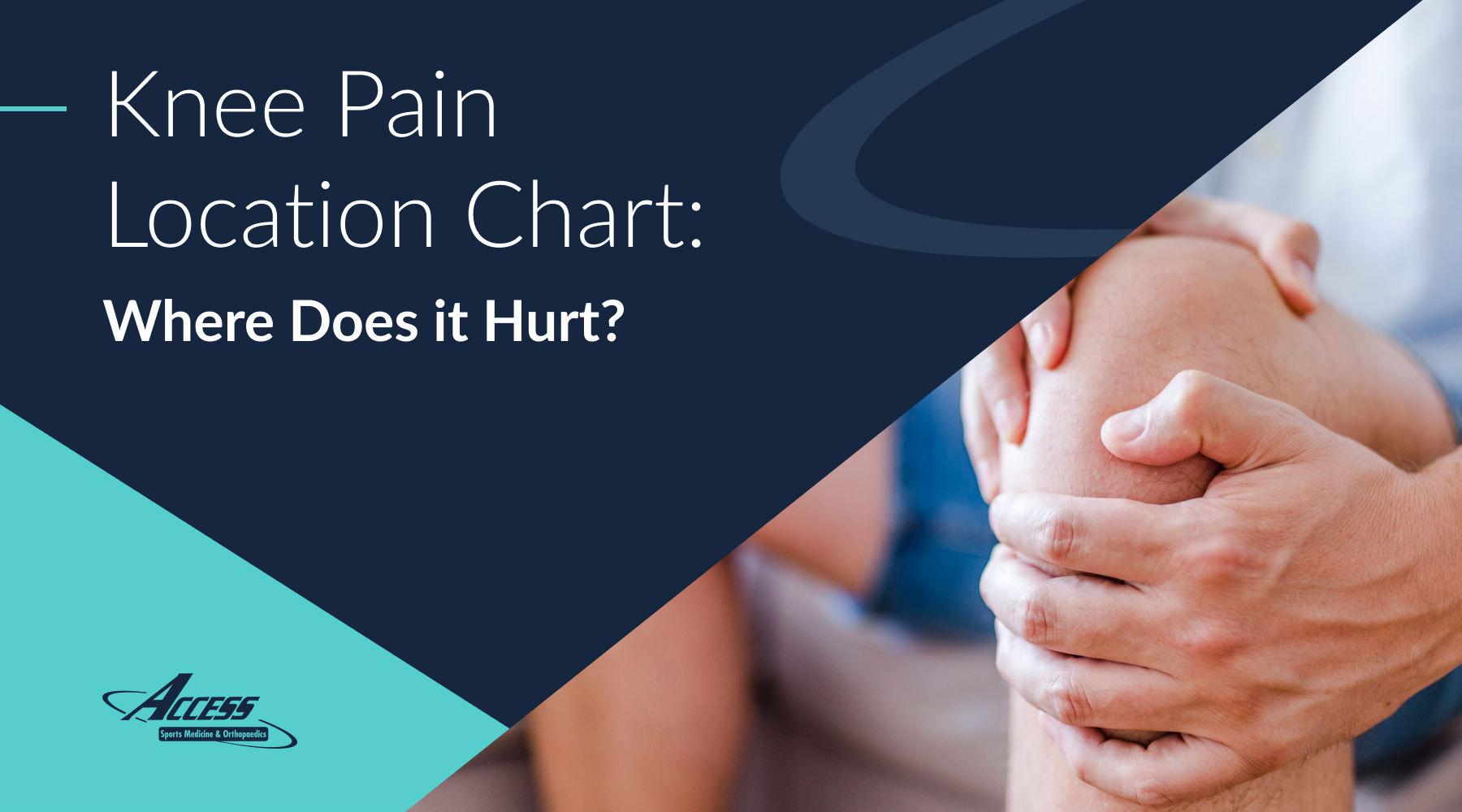
Chances are you’ve heard someone mention the acronym MCL before. You may have even associated it with a type of knee injury already, but, in the event that you haven’t, let’s define what an MCL knee injury is to clear things up. MCL stands for medial collateral ligament, which is a band of tissue on the inside of your knee that runs down from your femur (thighbone) to your tibia (shin). Its main function is to prevent your knee from bending too far inward so that the knee stays stable and doesn’t give out on you.
General MCL knee injuries occur when trauma is experienced as a force directed to the outside of the knee causing it to buckle inward. Athletes and weekend warriors are the most susceptible to an MCL injury due to the nature of the physical contact they’re subjecting themselves to. Football, hockey, soccer, and other high impact athletic events which can cause an MCL knee injury. That said, an MCL sprain or tear can also happen with any general trip, fall, or even a slip. So, it’s important to be mindful of your surroundings. If you’ve sustained an MCL injury, you’re likely going to know as it is quite painful.
MCL knee injury symptoms include:
- A popping sensation (or sound)
- Sharp pain within the knee itself
- Swelling (which often happens pretty immediately, but can continue progressing for a day or two following the injury)
- Tenderness occurring within the knee (might be painful to the touch)
- “Looseness” around the inner knee while moving about, leading to instability
- Visual bruising
- Stiffness which can make standing and/or sitting uncomfortable
- Pain caused by putting weight on the knee
Here’s the thing, if you think you’ve sustained an MCL injury or a knee injury at all, the best advice we can give you is to get it checked out. Having a “wait and see” mentality can lead to a more serious injury, and make recovery from an MCL sprain or strain take far longer than it needs to. You may need an x-ray or an MRI to get a full picture of the damage. The good news is, here at Access Sports Medicine, you can walk right in without an appointment, and we’ll be able to diagnose your knee injury and get you on the road to recovery much quicker.
Potential modes of MCL injury treatment
For a mild MCL injury such as a strain:
- Keep weight off the knee
- Elevate and ice the knee
- Compress the knee and use a supportive brace to stabilize it
- Rest
- Ease swelling with anti-inflammatory medicines such as ibuprofen, aspirin, or naproxen
For a more serious MCL injury, you’ll want to practice the above, but you’ll also need to participate in physical therapy. There, you’ll work with a certified professional who can teach you proper exercises and stretching techniques to strengthen the muscles around your knee to get it back up to speed. You may also benefit from the use of crutches to take the pressure off of the knee for a while.
It’s rare that you’d need surgery to repair an MCL injury, but again, that’s hard to judge without being seen by a professional. Did you hurt your knee on the field, in the workplace, or participating in that strength and endurance event this past weekend? Visit us today and let’s get you back in the game.



